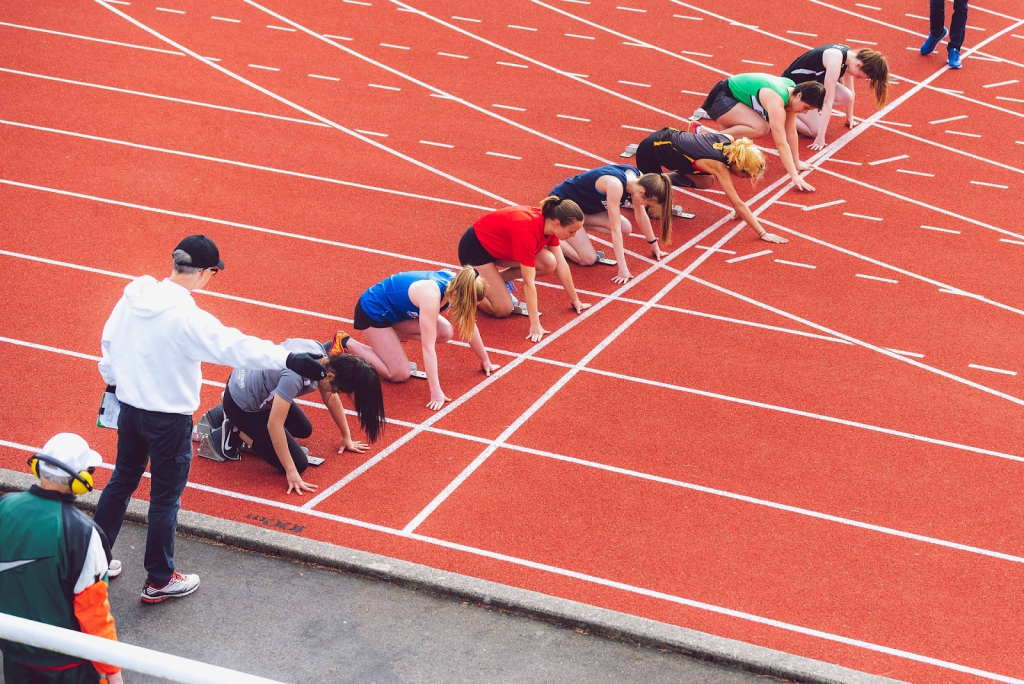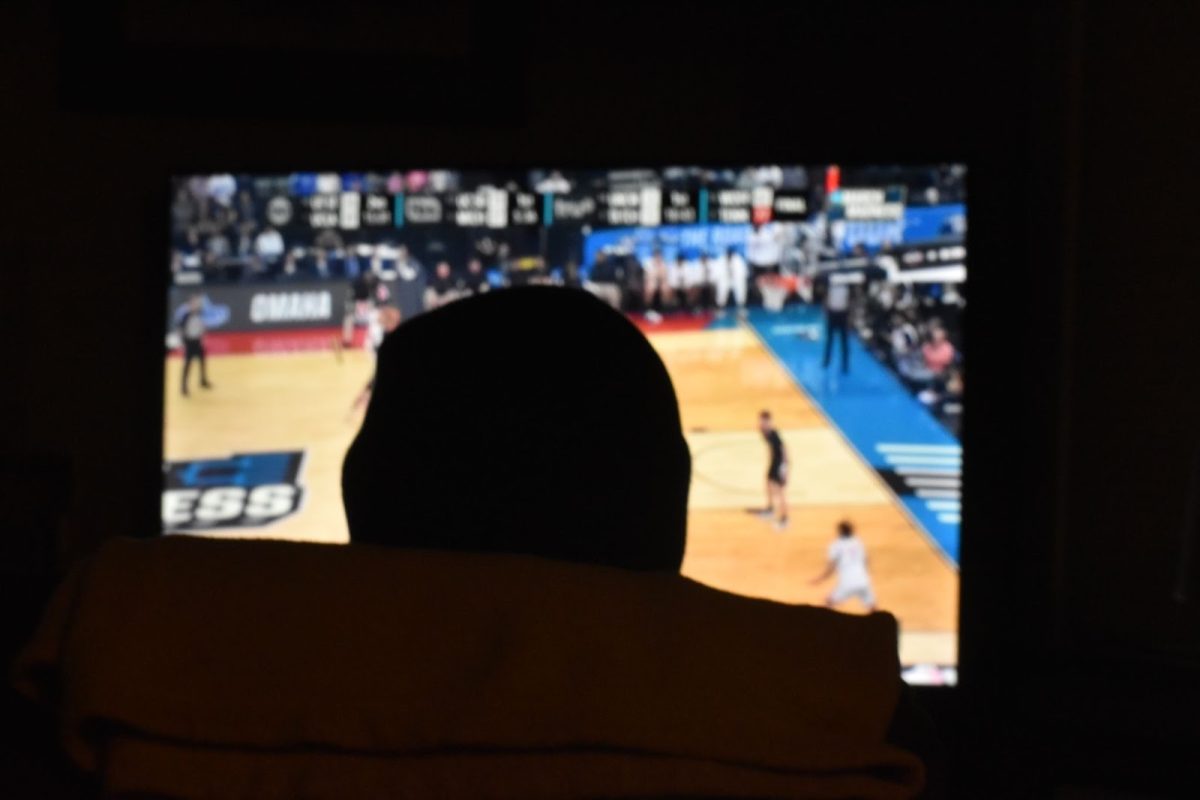
Photo by Vlad Vasnetsov via Pixaby
Lebron James claps chalk together creating a cloud, Tim Duncan hugs the basketball to get a feel of it before every game. However, these kinds of pregame routines are not only reserved for famous athletes, high school athletes also perform these kinds of rituals. Varying from person to person, athletes depend on certain music, warmups, and other kinds of routines to get mentally prepared for the game. According to sports psychologist Elliot Waksman, athletic routines “lower performance anxiety and [..] increase[s] comfort and relaxation.” Kainoa Hosaka, a student-athlete at Franklin, mentioned his approach to routines during sports by saying he has a specific breathing technique. “Whenever I am feeling the most focus, that’s when I will take my shot. Otherwise I’ll take a couple more seconds to breathe.”
“Superstition is a dirty word in psychology because it implies irrational non-scientific reasoning,” says Franklin’s Advanced Placement psychology teacher Greg Garcia. The difference between a superstition and a routine is that a superstition has no direct correlation between the action and the result. Many people may not recognize this difference when they hear about famous athletes’ superstitions. Bruce Gardiner, a former Canadian hockey player, would stick his hockey stick in the toilet before going on the ice. His action had nothing to do with the result of the game. “A routine, those are steps that have an impact on how you play,” Waksman mentioned. Routines can make an athlete’s game change, while superstitions can only make a person think it changes their game.
Garcia referred to the three main factors that influence all human behavior. They include biological factors, thought patterns, and social factors. Those three aspects influence every human’s reaction to different routines, including the way that different athletes rely on routines to maintain their ability to play well. “Based on a person’s personality [thought patterns] they might react differently to routines and things along those lines,” says Waksman. This ties into superstitions. Garcia commented about the elimination of all reasoning when having superstitions, saying that people think only of their actions in the superstition and don’t take into account the other variables.
Social facilitation is the idea that the presence of supporting people will cause you to perform better. Group routines like chants and speeches before games can give a sense of belonging and togetherness to the team. “Group synchrony […] to focus in on the competition as a team instead of as individuals,” Hosaka said. Brian Baxter, another sports psychologist, also mentioned the influence of a coach on these routines. Not only do they have power over their athletes to maintain consistent and healthy on-court (and in practice) routines, but they also have the obligation. He stated, “The best coaches make sure that their teams are prepared to compete by getting ready the same way.” Different athletes will choose routines that help them due to their position. Golfers need to feel more relaxed and zen before swinging whereas soccer or basketball players might need to be amped up to increase their energy and readiness.
What many people may not realize is that routines can be anything from birthday parties and holidays, to wearing certain socks to athletic events. The foundation of how civilizations work is all dependent on routines and rituals. The mere exposure effect is a concept in psychology that simply says, when we are exposed to something new, the more familiar we become with it, the more we like it. This is also known as the familiarity principle because it’s about our tendency to like things we are familiar with. “Your nervous system stops recognizing it as something new and just expects it as something common,” said Garcia. This applies to sports because when athletes go back to something familiar they tend to feel more comfortable, which reduces uncertainty. Hosaka says that routines are vital to him as they allow him to feel focused and make sure he can do his best when golfing. All three main factors to our human behavior (biological factors, thought patterns, and social factors) can change an athlete’s ability to perform, that’s why they have routines. Baxter sums it up by saying, “We have to create patterns/habits/shortcuts in life, or else we will be overthinking every little thing.”






































